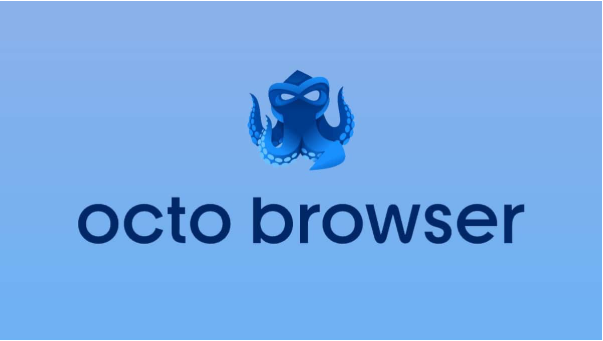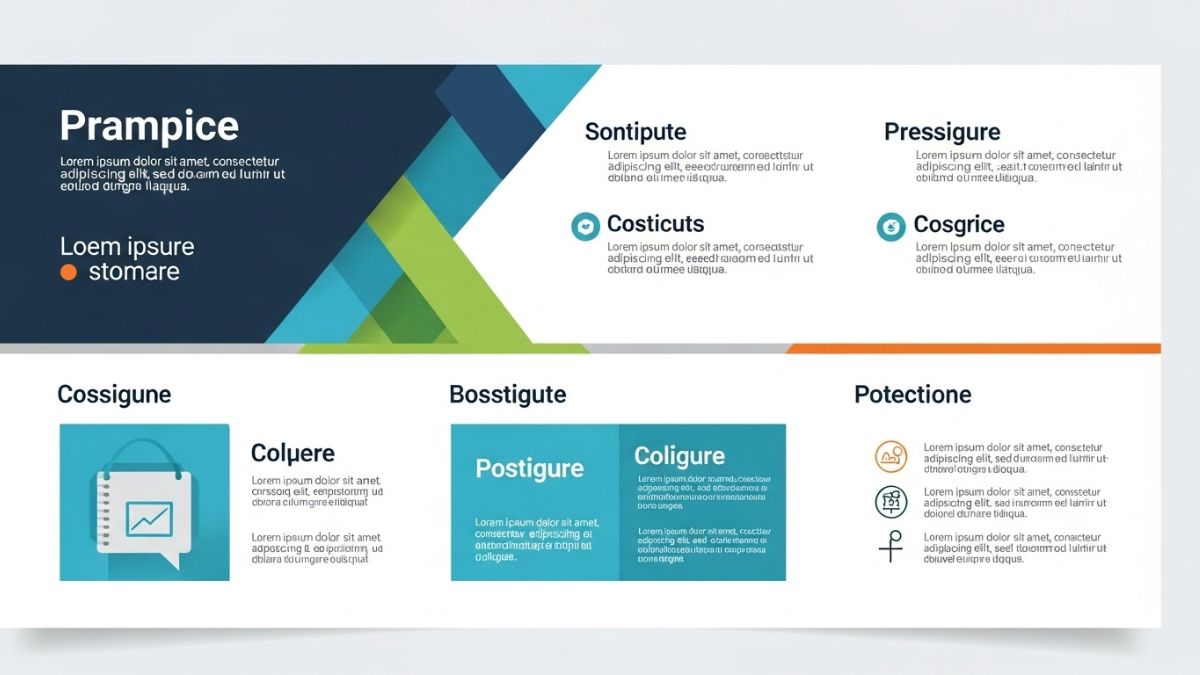In today’s digital age, maintaining anonymity on the internet has become more challenging than ever. With the rapid advancement of technology, the internet offers a wealth of opportunities but also poses significant risks to personal privacy. Whether you’re concerned about safeguarding sensitive data or avoiding online tracking, understanding how to stay anonymous is essential. For instance, tools like Octo Browser can play a pivotal role in ensuring privacy and secure browsing.
Understand the Importance of Online Anonymity
Online anonymity is critical for protecting your personal information from hackers, corporations, and even government surveillance. It’s not just about hiding your identity; it’s about having control over how your information is shared and used. Without taking the necessary precautions, your online activities can easily be monitored, leading to potential privacy breaches.
By staying anonymous, you can:
- Protect your financial and personal data.
- Avoid targeted advertising and invasive tracking.
- Safeguard yourself against identity theft.
- Maintain freedom of expression without fear of retribution.
Additionally, being anonymous online can help you avoid becoming a victim of cyberstalking or harassment. These risks are especially prevalent for individuals who share personal opinions or engage in sensitive discussions online. The ability to remain anonymous empowers users to express themselves freely without exposing their identity.
Use Encrypted Connections
Encryption is one of the most effective ways to secure your online activities. Always use HTTPS websites, which encrypt the data exchanged between your browser and the website’s server. Additionally, consider using a Virtual Private Network (VPN). A VPN masks your IP address and routes your traffic through encrypted tunnels, making it nearly impossible for third parties to track your activities.
When choosing a VPN, look for features such as:
- A strict no-logs policy.
- High-speed servers.
- Strong encryption standards (e.g., AES-256).
- Multi-device compatibility.
A VPN is particularly useful when connecting to public Wi-Fi networks, which are often unsecured and prone to hacking. By encrypting your connection, a VPN ensures that your sensitive information, such as login credentials and financial data, remains safe from prying eyes.
Use Privacy-Focused Browsers and Search Engines
Mainstream browsers and search engines often collect user data to improve their services or for advertising purposes. Switching to privacy-focused alternatives can significantly enhance your anonymity. Here are some recommendations:
- Browsers: Brave, Tor, and other privacy-centric browsers prevent tracking and block ads.
- Search Engines: DuckDuckGo and Startpage do not store your search history or track your IP address.
The Tor browser, in particular, is designed to provide maximum anonymity by routing your internet traffic through a series of volunteer-operated servers, concealing your location and activity. While it may slow down your connection, it is one of the most effective tools for staying anonymous online.
These tools prioritize user privacy, ensuring that your online searches and activities remain confidential. By adopting these alternatives, you can enjoy a more private and secure browsing experience without compromising functionality.
Limit Your Digital Footprint
Your digital footprint includes all the information you leave behind while using the internet. Reducing this footprint is crucial for staying anonymous. Here’s how you can do it:
- Avoid oversharing personal information on social media.
- Regularly delete cookies and browsing history.
- Use disposable email addresses for online registrations.
- Be cautious when filling out online forms.
Minimizing the amount of personal data available online reduces the risk of it being exploited. For instance, think twice before sharing photos, location data, or personal updates on social media platforms. Even seemingly harmless information can be pieced together by malicious actors to create a detailed profile of you.
Another effective strategy is to opt out of data collection services. Many websites and apps allow you to adjust privacy settings to limit the amount of data they collect. Taking the time to review and update these settings can significantly improve your online privacy.
Enable Multi-Layered Security Measures
Anonymity isn’t just about hiding your identity; it’s also about securing your data. Use multi-layered security practices to bolster your online privacy:
- Strong Passwords: Use unique, complex passwords for each account and store them in a reputable password manager.
- Two-Factor Authentication (2FA): Add an extra layer of security by requiring a second verification step.
- Antivirus Software: Protect your devices from malware that could compromise your anonymity.
By combining these measures, you can significantly enhance your online security and privacy. For example, a password manager not only helps you generate strong passwords but also ensures you don’t reuse them across multiple accounts. Similarly, 2FA provides an additional safeguard, even if your password is compromised.
Moreover, regularly updating your software and applications is crucial. Outdated software often contains vulnerabilities that hackers can exploit. Enable automatic updates whenever possible to ensure you have the latest security patches.
Stay Updated on Privacy Tools
The internet landscape is constantly evolving, and so are the tools designed to protect user anonymity. Stay informed about the latest privacy tools and best practices to stay ahead of potential threats. Tools like Octo Browser are particularly effective for users seeking advanced anonymity. These solutions offer features such as profile isolation, cookie management, and anti-fingerprinting technology, making it harder for trackers to identify and monitor you.
Other notable tools include:
- Ad blockers to eliminate intrusive ads.
- Script blockers to prevent malicious scripts from running.
- Secure communication apps like Signal for private messaging.
Additionally, consider using secure email providers like ProtonMail or Tutanota, which offer end-to-end encryption for your emails. These services ensure that only you and your intended recipient can access the content of your messages.
Participating in online communities dedicated to privacy and security can also be beneficial. These forums often share valuable insights, updates, and recommendations for staying anonymous online. By staying informed and proactive, you can better protect your digital identity.
Conclusion
Staying anonymous on the internet requires a combination of tools, strategies, and consistent efforts to protect your privacy. From using encrypted connections and privacy-focused browsers to limiting your digital footprint and adopting advanced tools like Octo Browser, every step you take enhances your online anonymity. In an era where personal data is a valuable commodity, prioritizing privacy is not just a choice but a necessity for anyone navigating the digital world.
By taking these precautions, you can reclaim control over your online presence and safeguard yourself from potential threats. Remember, staying anonymous is not about hiding; it’s about protecting your right to privacy and ensuring a secure digital experience.











